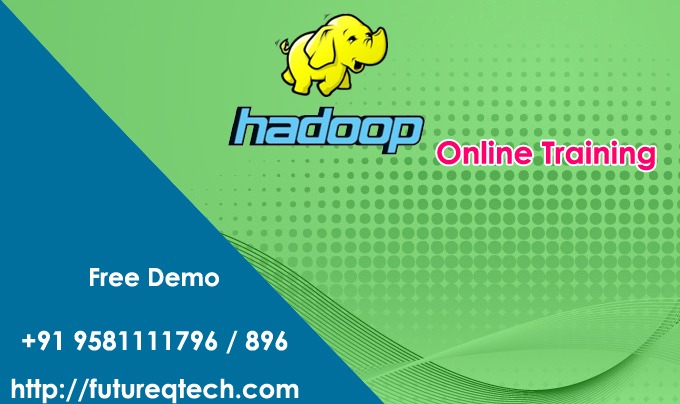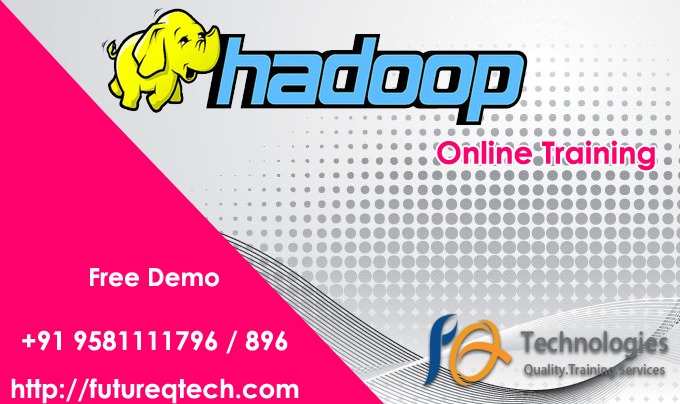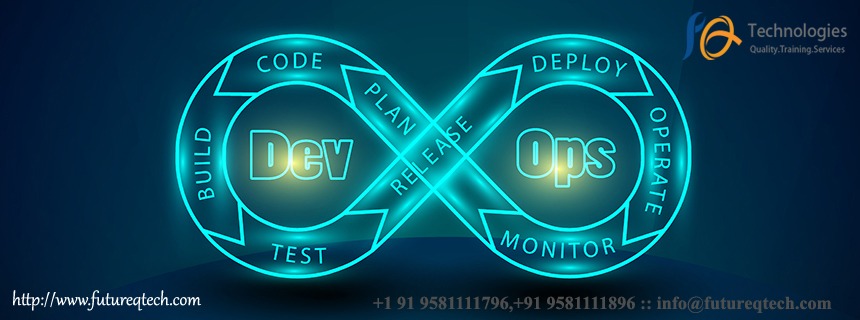Achieve end to end transformation for your IT services and infrastructure through a single cloud based platform. ServiceNow IT Service Management (ITSM) lets you consolidate fragmented tools and legacy systems while automating service management processes. It’s simple to configure and fast to deploy, so you can go live quickly with confidence, while scaling to your business needs.
RPA Online Training In Hyderabad
RPA Technology has the capability to rapidly automate Standard Operating Procedures of existing business processes without any changes or intrusion to the server side of the applications used by the Operations team to complete business transactions.
RPA Tool Course Contents
Robotic Process Automation Introduction
BluePrism Training
Introduction
Blue Prism’s Robotic Automation
Process Studio
Running a Process
hadoop architect online training
Hadoop consists of the Hadoop Common package, which provides file system and operating system level abstractions, a MapReduce engine (either MapReduce/MR1 or YARN/MR2) and the Hadoop Distributed File System (HDFS). The Hadoop Common package contains the Java ARchive (JAR) files and scripts needed to start Hadoop.
For effective scheduling of work, every Hadoop-compatible file system should provide location awareness – the name of the rack (or, more precisely, of the network switch) where a worker node is. Hadoop applications can use this information to execute code on the node where the data is, and, failing that, on the same rack/switch to reduce backbone traffic. HDFS uses this method when replicating data for data redundancy across multiple racks. This approach reduces the impact of a rack power outage or switch failure; if any of these hardware failures occurs, the data will remain available
Hadoop Online Training
Apache Hadoop is a collection of open-source software utilities that facilitate using a network of many computers to solve problems involving massive amounts of data and computation. It provides a software framework for distributed storage and processing of big data using the MapReduce programming model. Originally designed for computer clusters built from commodity hardware—still the common use—it has also found use on clusters of higher-end hardware.All the modules in Hadoop are designed with a fundamental assumption that hardware failures are common occurrences and should be automatically handled by the framework
Hadoop Online Training in Hyderabad
Big data can be described by the following characteristics:
Volume
The quantity of generated and stored data. The size of the data determines the value and potential insight, and whether it can be considered big data or not.
Variety
The type and nature of the data. This helps people who analyze it to effectively use the resulting insight. Big data draws from text, images, audio, video; plus it completes missing pieces through data fusion.
Velocity
In this context, the speed at which the data is generated and processed to meet the demands and challenges that lie in the path of growth and development. Big data is often available in real-time.
Variability
Inconsistency of the data set can hamper processes to handle and manage it.
Veracity
The data quality of captured data can vary greatly, affecting the accurate analysis
BigData Online Training
Apache Hadoop’s MapReduce and HDFS components were inspired by Google papers on their MapReduce and Google File System.
The Hadoop framework itself is mostly written in the Java programming language, with some native code in C and command line utilities written as shell scripts. Though MapReduce Java code is common, any programming language can be used with “Hadoop Streaming” to implement the “map” and “reduce” parts of the user’s program. Other projects in the Hadoop ecosystem expose richer user interfaces.
Best Hadoop Online Training
The base Apache Hadoop framework is composed of the following modules:
Hadoop Common – contains libraries and utilities needed by other Hadoop modules;
Hadoop Distributed File System (HDFS) – a distributed file-system that stores data on commodity machines, providing very high aggregate bandwidth across the cluster;
Hadoop YARN – a platform responsible for managing computing resources in clusters and using them for scheduling users’ applications; and
Hadoop MapReduce – an implementation of the MapReduce programming model for large-scale data processing.
Blockchain Online Training
Blockchain Training : Blockchain facilitates secure online transactions. A blockchain database consists of two kinds of records: transactions and blocks. Blocks hold batches of valid transactions that are hashed and encoded into a Merkle tree. By storing data across its network, the blockchain eliminates the risks that come with data being held centrally. The decentralized blockchain may use ad-hoc message passing and distributed networking. Blockchain is a distributed database that enables permanent, transparent, and secure storage of data. The blockchain technology is the backbone of cryptocurrency – in fact, it’s the shared public ledger upon which the entire Bitcoin network relies – and it’s gaining popularity with people who work in finance, government, and the arts
AWS Online Training
AWS DEVOPS
Introduction to AWS DEVOPS
What is DevOps in cloud?
History of DevOps
DevOps and software life cycle
DevOps main objectives
IAAS overview
PAAS overview
SAAS overview
Continuous Testing and Integration
Continuous Release and deployment
Continuous Application monitoring
AWS Web Services
Basic of Linux for AWS
Cd
Mkdir
Ls Jobs
Chmod
Vim ?
Vi & cat ?
Gzip ?
And many more….
Amazon Elastic Compute Cloud (EC2)(Complete)
Different instance types
AMI’s
Volumes
Snapshots
EIP’s
Key pairs
Devops Online Training
Introduction to Devops
What is Devops?
History of Devops
Dev and ops
Devops definitions
Devops and Software Development Life Cycle
Devops main objectives
Infrastructure As A Code
Prerequisites for Devops
Tools (Jenkins, Chef, Docker, Vagrant and so on.)
Continuous Integration and Development
Linux Concepts
Linux Installation
User Management
Package Management
Networking
Automation Concepts
OS Basics
Scripting Introduction
Learn Shell Scripting
Database Concepts
Shell Variable
Shell Decision Making
Shell Test Conditions
Shell Loops
Shell Redirectors









